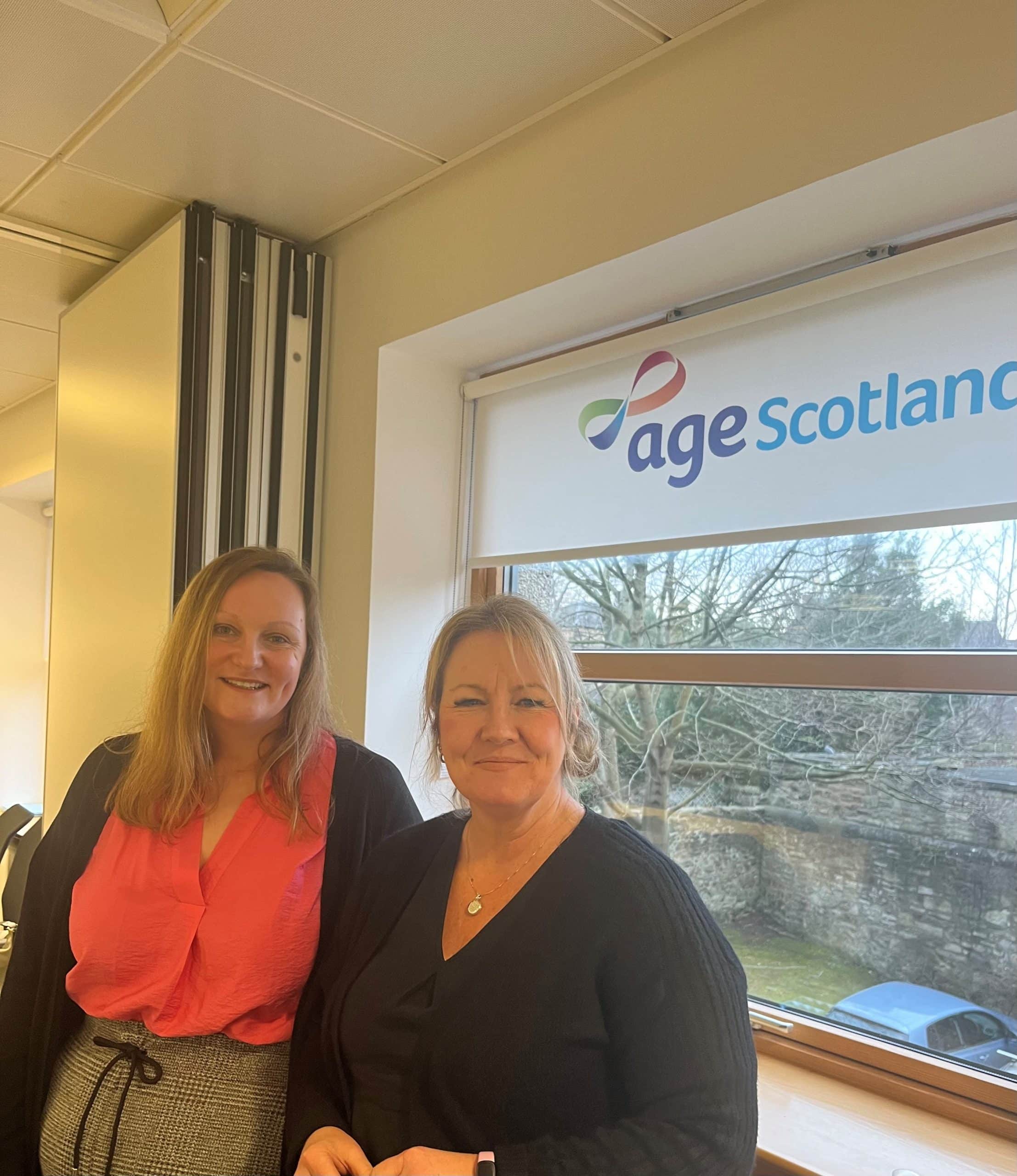Is Age Inclusion Important?
Yes, is the short answer! Scotland has an ageing population, and this means the workforce is also ageing. Currently just over a third of workers are over 50 and this percentage is growing. The University of Edinburgh Business School recently carried out research which found over 40% of managers are reluctant to hire older workers. With the on-going issues in recruitment, real talent shortages in a lot of sectors and our older workforce increasing in size we need to look at ageism in the workplace and how we become inclusive.
Albany HR recently hosted an Age Inclusive Workshop with Age Scotland to raise awareness and highlight the issues ageism plays in the workplace. Is your workplace culture supportive of all generations and open to new ideas and ways of working?
Creating An Age Inclusive Culture
There are many benefits to having a multigenerational workforce including knowledge sharing, innovation, harmonious working atmosphere (as there is less competition due to differing priorities) and opportunities for training.
What are the routines and rituals in your organisation? What behaviours do management want to see and prize above all else? Look at creating a open and engaging culture where all employees feel they can add value and offer their opinions. Make sure you consider the needs of all workers and the best way to do this is to talk to them.
What are the symbols in your organisation? Visually are you age inclusive and does your website and intranet reflect your diverse workforce? Look around to see if there are any barriers for workers and see if there are ways you can remove them or add to them to show an inclusive culture.
Are your managers knowledgeable about the different dynamics in your workforce? Training for managers in inclusiveness for all protected characteristics and having difficult conversations can help you to create the culture you are looking for.
Recruitment
Since the start of the pandemic, there has been an increase of more than half a million in the number of working-age adults who are neither in a job nor looking for one. Employers need to become more open-minded about whom they hire, and to make jobs more appealing to older workers — whether by offering more flexible hours, more support for those with health conditions, career progression or simply by making workplaces more inclusive for those whose motivation to work may be as much about social interaction as salary.
Typically, older workers will stay in a position longer than their younger counterparts, so it really is worth trying to recruit and retain your older workforce. Especially right now as we are in a candidates’ job market. There is an abundance of vacancies available and a shortage of candidates. That’s why candidates can afford to be a lot choosier about what they apply for, interview for and ultimately what roles they choose to accept.
Have you unintentionally overlooked older or younger workers when targeting recruitment drives?
Are your job roles and benefits attractive for older workers as well as younger workers?
Supporting Your Workforce
Recent research confirms employees value flexible working when choosing whether to stay with a company or look for a new job. Flexible working, including hybrid working, is often prioritised over higher salaries. Offering flexible working which suits your workforce and allows employees to have a good work life balance will create a good workplace culture and make your employer brand stand out from the rest.
Offer training to all of your workforce – even those who think may express that they feel too old to learn anything new. Their perspective and knowledge on training courses can be invaluable. If you can show your employee that you believe they can do it, even if they do not believe it, this can lead to higher motivation and engagement from your employee and the whole team.
There is a myth that older workers are less healthy than younger generations. On average, it is true that older workers tend to take more time off on long-term sickness, but they also take less time off due to short-term sicknesses with no notice.[2] Employers should take steps to support the physical and mental health of older workers.
If you want to be proactive you need to be focusing on age inclusion and making sure your organisation is open to all.
Albany HR can support with;
- -HR Audits to look at your company culture and examine whether you are creating the environment you say you are.
- -Inclusion & Diversity Policy and Procedures
- -Recruitment Support
- -Coaching
- -Bespoke Training & Development
Get in touch to discuss if our services can support you. Email us at letstalk@albanyhr.com or call for a chat – 0131 364 4186.

[2] https://www.manchester.ac.uk/discover/news/five-stereotypes-about-older-workers-debunked/
